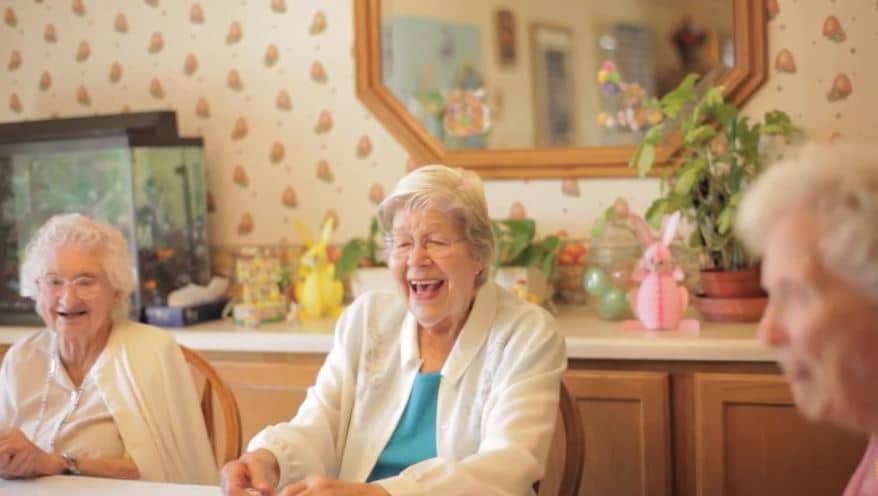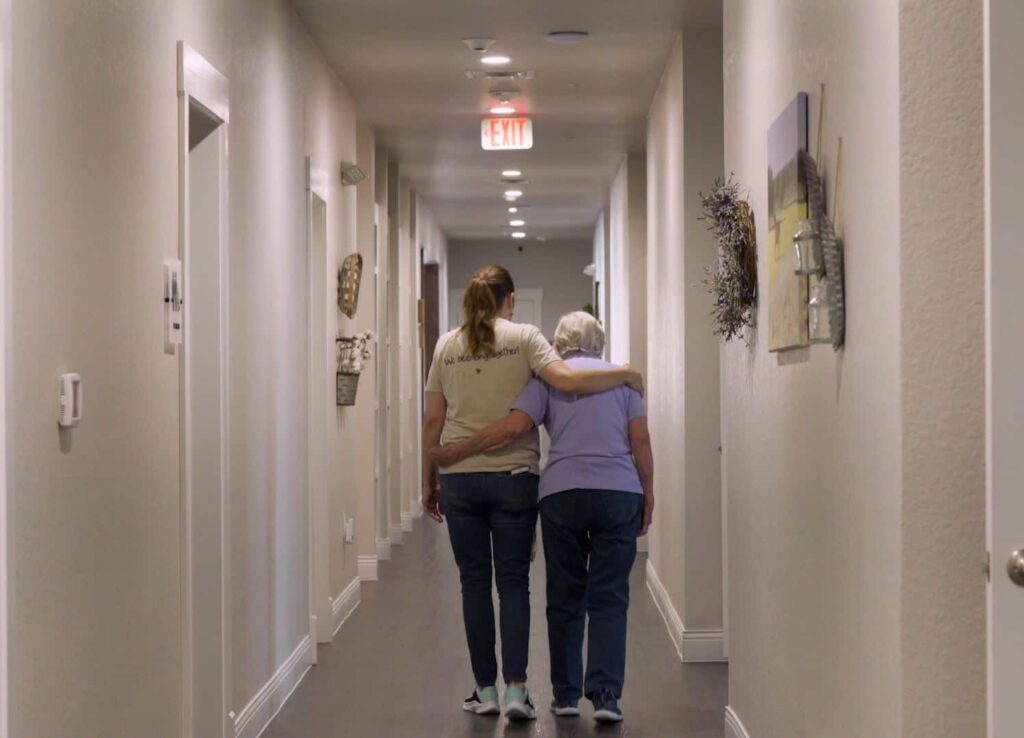Incontinence is an issue of embarrassment among many older people. According to a report from 2014, about half the population of older Americans experience urinary leakage or accidental bowel leakage. And roughly 25% have moderate, severe or very severe urinary leakage. That's a lot of people! Perhaps because people are unwilling to talk openly about this condition, there tends to be a bit of misinformation floating around about the topic. This can easily be corrected for the benefit of the sufferer in order that they might have a much less complicated life.
Causes
There are many causes of incontinence in older adults. The causes can range from poor posture, to inflammation or other underlying conditions. Incontinence occurs when muscles are too weak or to active. Prostate problems (in men) or nerve damage can also contribute to incontinence issues. People often say is that it is normal to have urinary incontinence as you age. Although older women are about twice as likely as men, this is simply not true. Do not accept this as it is a common belief. Perhaps your incontinence is caused by something that could be easily fixed. Or it may be that you have a medical condition that needs to be addressed. Regardless, determining the cause will allow you to move forward and possibly even find a solution.
Solutions
Poor posture is one of the least talked about but most common causes of a weak bladder. For a variety of reasons, we tend to slouch or slump forward as we age. It is somewhat natural, but what happens to your internal organs when you allow your body to slouch forward? Your organs are arranged inside of you atop of one another. And also supported by the spine in the back. If you slouch forward the organs push forward and rest fully on top of your other organs. Specifically atop your bladder. Apart from causing terrible back, neck and shoulder problems, slouching will often cause weak bladder. Or, if left for long enough, incontinence.
Another common cause is inflammation in the lining of the bladder. If you have an infection, it may be a simple matter of receiving a prescription for an antibiotic and you could be on your way to recovery! Sometimes it really is this simple, and yet people will suffer for months thinking that they are just getting older and that incontinence is a natural part of that process.
Another way to prevent or reverse incontinence might be exercise. Sometimes you may need to do exercises to help strengthen the pelvic floor. And other times you may need to receive a treatment if the physician finds something more serious. The main concept to remember is that if this problem begins or persists, you need to listen to your body and try to solve the problem by discussing with your doctor.
Take Good Care of Yourself
If you need to wear adult incontinence pads or underwear, do your best to get the proper size and absorbency for your needs. Some folks that are on a limited budget try to economize by getting a smaller size (there are generally more pairs in the smaller sized packages). Or by getting some that are less absorbent (because they are cheaper). The result of this is that you can end up getting sores from ill-fitting underwear or end up in an embarrassing situation when the absorbency was not up to par.
Whatever your current situation with incontinence, if it IS an issue for you, do not be afraid to raise the question with your doctor. Start the conversation so that you can begin the process of healing and return to a more active and less stressful lifestyle!




[…] of waking and sleeping. Sometimes, as we age, our schedules can be thwarted by illness, aches, incontinence or even just out of boredom. We find ourselves dozing at various times during the day. Yet not […]